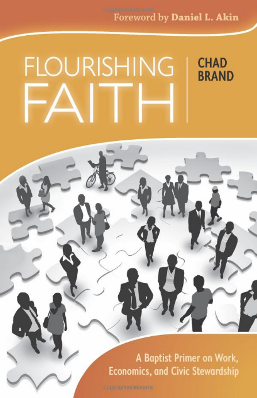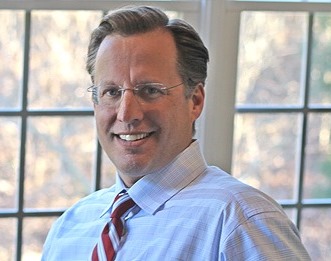July 22, 2014
July 22, 2014
For the Good of Mankind, Side With the Consumer
July 22, 2014
The Economics Of Sex
July 18, 2014
Is a Nicaraguan and World Bank Partnership Going to Help the Country?
July 16, 2014
Entrepreneurship: An Engine of Human Flourishing
July 16, 2014
Free Book Giveaway: ‘Integrated Justice and Equality’ by John Teevan
July 15, 2014
Samuel Gregg: What Catholic Social Teaching Doesn’t Know
July 15, 2014
Baptists and Wesleyans on Faith and Flourishing
In the latest issue of Faith and Economics, a bi-annual journal from the Association of Christian Economists, Dr. Robert Black reviews two of CLP’s four tradition-specific primers on faith, work, and economics: Chad Brand’s Flourishing Faith (from a Baptist perspective), and David Wright’s How God Makes the World a Better Place (from a Wesleyan perspective). Continue Reading...
July 10, 2014
Ex-Im Bank and the Unseen Costs of Political Privilege
July 08, 2014
David Brat’s Religious Virtues
In a piece today for the NYT Magazine, economics reporter Binyamin Appelbaum examines David Brat’s fusion of faith and free-market economics. Appelbaum finds that mixture problematic, to say the least, but it’s hard to sort out whether it is the religious faith or the free-market sympathies that Appelbaum finds more troubling. Continue Reading...

